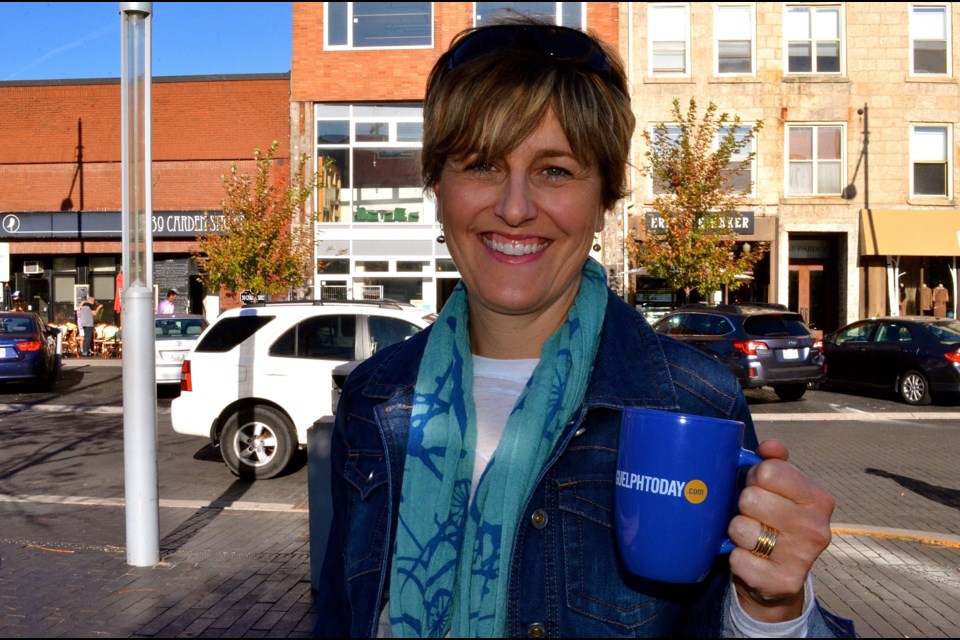One of the biggest challenges for people with mobility issues is getting to and from their physiotherapy sessions and that is one reason Karla Andrews offers in-home services.
“I have worked for different organizations in different work environments such as acute care hospitals, rehab centres, private practice and clinic type work,” said Andrews.
“The majority of my working life, though, has been spent doing in-home care and community work.”
Making house calls is a thing of the past for most doctors and are not always practical for many modern medical services, but there are some clear benefits.
“It is a different dynamic when you are in someone’s home,” said Andrews. “You get to see what they might be struggling with at the time which can’t necessarily be seen when they are in an office or clinic-type setting.”
Maintaining some of life’s simple pleasures helps sustain their quality of life.
“Maybe there is a particular staircase or difficulty getting up on to their porch or into their garden if they like to garden,” she said. “You are able to, sometimes, tailor their exercise to make it practical to what they want to do or hope to do better.”
Andrews was introduced to physiotherapy by an aunt who was also a private clinician and her growing interest in treatments for people with Parkinson’s disease and other progressive neurological disorders has a family connection as well.
“Our son Liam has Tourette Syndrome,” said Andrews. “It is interesting to see some similarities that some people with Parkinson’s struggle with that we can see with our son to some extent in terms of how the brain works.”
She treats many young people with injuries, but the majority of her clients are seniors dealing with mobility issues related to aging. She uses many traditional exercises and therapies as part of her services to help extend their mobility and autonomy. She also offers acupuncture for treating pain and helps her clients access walkers and other medical equipment for their homes.
Her work with Parkinson’s patients has led to more modern approaches.
“There is actually an app developed out of the University of Calgary and I am just starting to use that in my practice,” said Andrews. “The patients wear an iPod Touch and there is a sensor in it. If they walk well the iPod plays music and they will know they did it well. If they aren’t moving well the iPod shuts off and they don’t hear the music. It’s kind of a feedback mechanism for when they are walking or simply moving during exercises.”
She is always looking for new technological developments and treatments that will improve her clients’ quality of life.
“I am not a Parkinson’s specialist by any means but I certainly have a special interest in that particular group,” said Andrews.” With Parkinson’s being a progressive, chronic disease there is more and more research out there that is saying if you get appropriate intervention in terms of exercise and movement training you can attempt to slow down the progression in many cases.”
